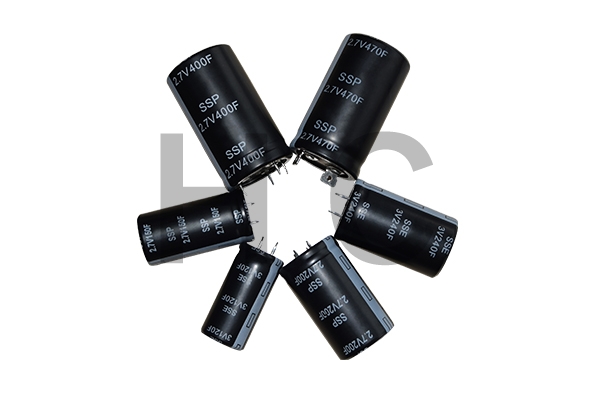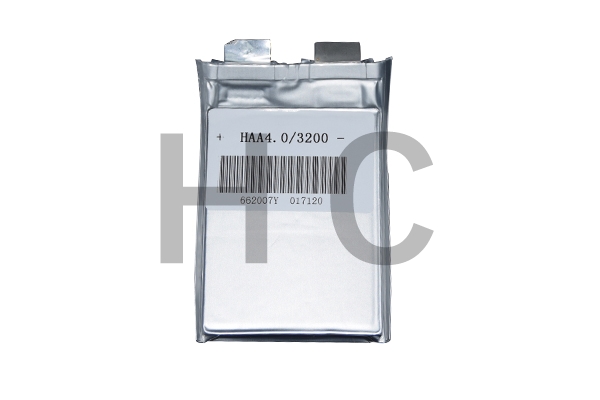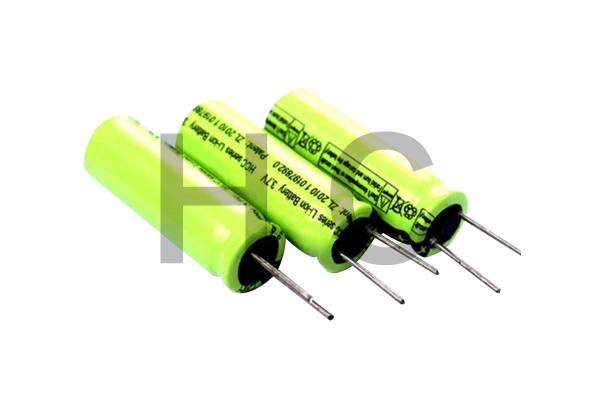With the rapid development of portable electronic products and electric vehicles, modern society urgently needs high-performance energy storage devices with the advantages of high safety, long service life, and fast charging and discharging; however, existing energy storage systems often have some Defects, such as the low energy density of Farad capacitors, the safety risks of Li-ion batteries, and the poor cycling stability of alkaline zinc-manganese batteries.
Recently, the research group of Prof. Feiyu Kang and Associate Researcher Xu Chengjun from the Shenzhen Graduate School of Tsinghua University reported a new type of zinc-ion hybrid supercapacitors (ZHSs). The paper is titled: Extremely safe, high-rate and ultralong-life zinc-ion Hybrid supercapacitors were published in the journal Energy Storage Materials. They use activated carbon material with high specific surface area as the positive electrode, metal zinc as the negative electrode, and a neutral aqueous solution of zinc sulfate as the electrolyte. The dissolution/deposition on the zinc electrode surface enables reversible storage/release of energy.

Supercapacitor technology is still in its infancy and has high development potential. Compared with chemical batteries that are constrained by the fixed structure of batteries, supercapacitor manufacturers primarily rely on the physical properties of materials for energy storage. At the same time, compared with other mainstream batteries, Farad capacitors still have not fully utilized the potential of surface energy storage, and have not disconnected from the "workshop" style of production and lack of raw material supply.
Specifically, in the operating voltage range of 0.2–1.8 V, the specific capacity and energy density of the zinc-ion hybrid supercapacitor can reach 121 mAh/g and 84 Wh/kg, respectively (calculated based on the mass of the activated carbon electrode), and can be Rapid charge and discharge are performed within 15 s, with a power density of 14.9 kW/kg and an energy density of 30 Wh/kg. In contrast, symmetric supercapacitors using activated carbon as electrodes only obtained energy densities of 0.5-3.3 Wh/kg in different aqueous electrolytes such as sulfuric acid, sodium sulfate, and zinc sulfate. In addition, the zinc-ion hybrid supercapacitor showed excellent cycling stability, with a capacity retention rate as high as 91% after 10,000 charge-discharge cycles at a current density of 1 A/g. Further, the authors explored the relationship between the electrochemical performance of different carbon material cathodes and Zn-ion hybrid supercapacitors, and the effects of different electrolytes (especially alkaline and neutral electrolytes) on the cyclic stability of the Zn anode and the entire device. Influence. Combined with electrode micro-morphology analysis and component characterization, the authors conducted a detailed discussion on the energy storage mechanism of the zinc-ion hybrid supercapacitor, showing the physical adsorption and desorption of ions on the surface of activated carbon and the deposition/deposition of zinc ions on the zinc electrode. Dissolution is the core mechanism, but it is also accompanied by the formation of basic zinc sulfate, etc.

One of the ingenious aspects of the construction of zinc-ion hybrid supercapacitors is that the metal zinc electrodes are repeatedly dissolved and deposited in the zinc sulfate aqueous electrolyte system to output high specific capacity and have excellent cycle stability and safety. The research on new safe aqueous zinc-ion hybrid supercapacitors with fast charge-discharge and ultra-long lifetime provides a new option for next-generation energy storage devices.
The life extension of the supercapacitor module is relatively speaking, it is a process of continuous influence, not the effect of extending the lifespan after a short operation for a certain period of time. The factors affecting the lifespan of the supercapacitor can be divided into two parts: 1. The production process and technological requirements, the control of moisture and magazine content, the formula of the pole piece, the feeding, etc.; Second, the super capacitor after the product, the application environment and the depth of the cycle.
